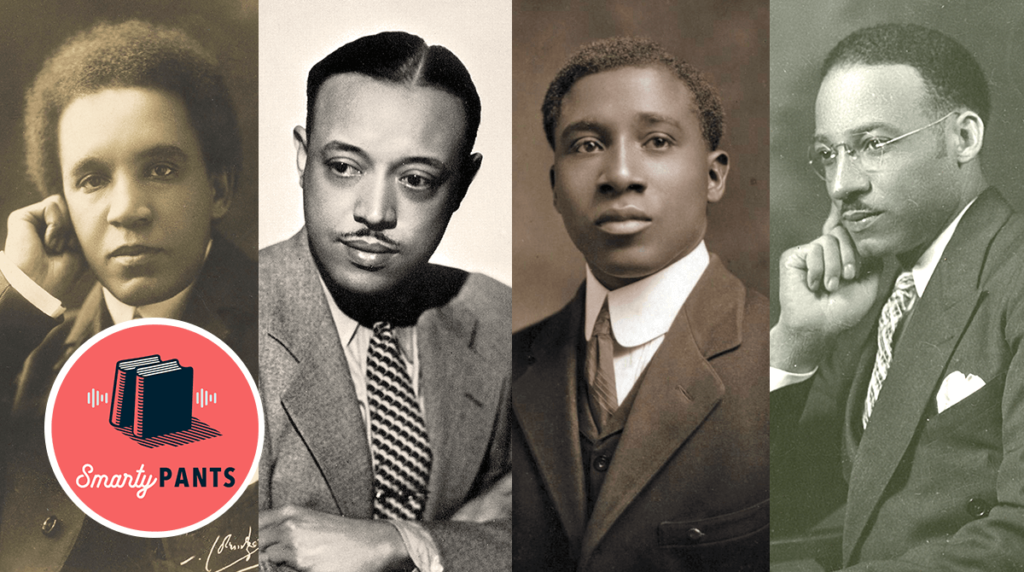Why Has American Classical Music Ignored Its Black Past?
And the immigrant composer who predicted a different future

More than a century ago, Antonín Dvořák prophesied that American music would be rooted in the black vernacular. It’s come true, to a certain extent: when we think of American music—jazz, blues, rock, hip hop, rap—we are thinking of music invented by black musicians. The field of classical music, however, has remained stubbornly white. At one point in the last century, classical music was on the cusp of a revolution: the Englishman Samuel Coleridge-Taylor was writing works like his Twenty-Four Negro Melodies, Dvořák’s own assistant Harry Burleigh was reimagining black spirituals for the concert stage that would be performed by the likes of Marian Anderson. And the lineage continued with William Grant Still, Nathaniel Dett, Florence Price, and Margaret Bond. The arrival in 1934 of William L. Dawson’s Negro Folk Symphony seemed to usher in the imminent fulfillment of Dvořák’s prophecy—and yet Dawson never wrote another symphony. Why not? Joseph Horowitz, a cultural historian and the executive director of the PostClassical Ensemble, joins the podcast to explore why. Scholar managing editor Sudip Bose guest-hosts.
Go beyond the episode:
- Read Joseph Horowitz’s essay, “New World Prophecy,” from our Autumn 2019 issue
- And read more about Antonín Dvořák’s time in Spillville, Iowa, in Tom Zoellner’s essay, “No Harmony in the Heartland,” about how the national struggle over immigration has hit an American town built by immigrant Czechs
- Listen to Leopold Stokowski conduct the American Symphony Orchestra’s 1963 performance of William L. Dawson’s Negro Folk Symphony
- Listen to Samuel Coleridge-Taylor’s Twenty-Four Negro Melodies, played by David Shaffer-Gottschalk
- Listen to Marian Anderson perform Harry Burleigh’s composition of the spiritual “Deep River”
- Listen to Dietrich Fischer-Dieskau perform Charles Ives’s extraordinary setting of “Feldeinsamkeit”
- Read about the rediscovery of the composer Florence Price
And keep an eye out for Dawson’s Negro Folk Symphony at the following events:
- Georgetown University’s PostClassical Ensemble will perform the second movement on April 25, 2020
- The Brevard Music Festival may perform the complete symphony next summer
Tune in every week to catch interviews with the liveliest voices from literature, the arts, sciences, history, and public affairs; reports on cutting-edge works in progress; long-form narratives; and compelling excerpts from new books. Hosted by Stephanie Bastek. Follow us on Twitter @TheAmScho or on Facebook.
Subscribe: iTunes • Feedburner • Stitcher • Google Play • Acast
Download the audio here (right click to “save link as …”)
Have suggestions for projects you’d like us to catch up on, or writers you want to hear from? Send us a note: podcast [at] theamericanscholar [dot] org. And rate us on iTunes! Our theme music was composed by Nathan Prillaman.


